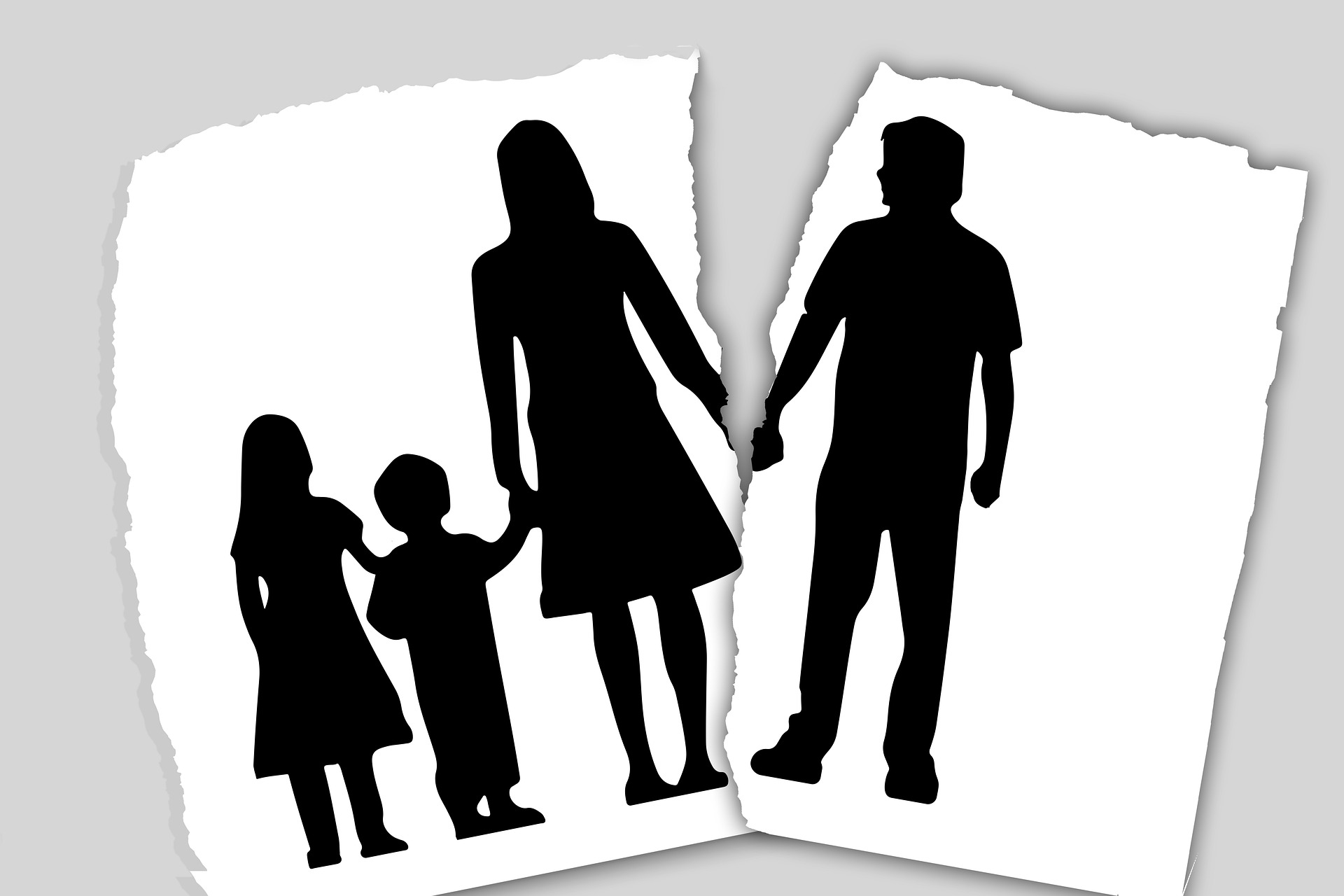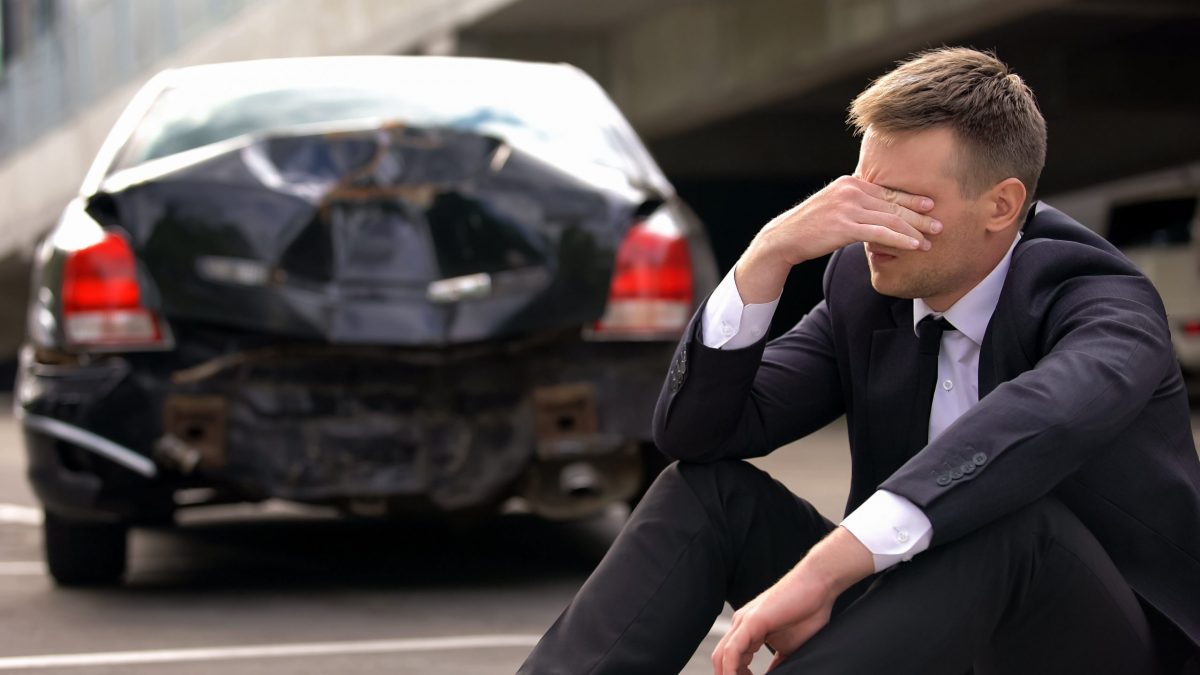
Understanding The Responsibilities Of A Lawyer
May 28, 2021
What rights does a father have in Illinois?
June 1, 2021Getting into a car accident can lead to many problems such as property damage and emotional trauma, but what many people worry about the most is that they’ll get in a lot of debt for the medical bills that ensue by treating their injuries.
On the bright side, if you can prove to the claims adjuster, the person in charge of evaluating who’s at fault, that it’s the other party’s fault, the law would require the party at fault to pay for your medical bills and compensate you for any other damage caused by the accident. But, as expected, the other party will most likely try to find a way out of this predicament so as not to lose a considerable amount of money, perhaps by lying or forging false arguments, which can make things a lot harder for you. In such cases, people often hire a lawyer.
With that said, you might want to get help from a Georgia Car Accident Lawyer if you want to increase your chances of receiving compensation. You can also increase your chances by knowing how the process works and what better way to do that than by finding out how liability is determined in a car accident. Below are three of the most essential factors that claim adjusters consider when deciding who’s liable for the car accident.
Responding Officer’s Accident Report
After getting into a car accident, someone is likely to call emergency services, so officers should arrive on the scene after a few minutes. These responding officers are required to write a report of that particular accident, but as they didn’t witness it personally, they’ll most likely gather information by asking people nearby who might have witnessed the accident. They’ll also ask you and the other party involved in the accident a few questions. Upon gathering as much information as they can, they’ll proceed to write the accident report.
The accident report summarizes all the relevant information they’ve gathered so far, but what matters most is that this report may also conclude who they think is at fault. So, if you’re confident that it’s not your fault, this report can prove to be quite valuable as insurance companies put a lot of weight into the officer’s opinion. For your reference, a responding officer often decides who’s at fault if either you or the other driver violated traffic laws, such as:
- Drinking and driving
- Not wearing a seatbelt
- Jumping a red light
- Over speeding
- Using a mobile phone while driving
It would also remove some weight off your shoulders knowing you’re not at fault. Accidents are unfortunate and difficult, so even your lawyers would want to take some load off your shoulders as you’ll see in this video.
Unfortunately, even if the other party’s clearly at fault, there are cases wherein your version and theirs will differ, in which case the responding officer avoids including a conclusion of who’s at fault in the report as there’s no conclusive evidence. In such cases, you might want to consider gathering your own evidence, which may also contribute to how liability is determined.
Your Own Evidence
While it’s important to rely on law enforcement to write up the accident report, it’s still worth gathering your own evidence. After all, there’s no guarantee that they’ll take your side. On that note, consider doing the following things after getting into a car accident, assuming you’ve already recovered from the trauma and your injuries are not too severe:
- Take pictures of the accident with your phone
- Write some notes regarding the accident
- Get the other driver’s contact information and name
- Talk to witnesses and get their contact information if possible
Furthermore, it’s worth noting that gathering your own evidence may prove to be quite helpful in deciding how much your claim is worth. So, not only will it serve as proof that liability isn’t yours to take, but there’s also a chance that you’ll get a higher accident settlement value.
Claim Adjuster’s Decision
More often than not, the liability for a car accident is determined by a single person, the claims adjuster. The claims adjuster is responsible for collecting and analyzing available information such as the responding officer’s report, witness statements, and photos and deciding who’s at fault for the car accident. In short, everything you’ve done up until now, like taking pictures of the accident, writing notes, talking to witnesses, will largely contribute to the claim adjuster’s decision. It’s also worth noting that most cases are relatively simple, especially if there are many pieces of evidence—it’s clear who’s at fault, no one suffered life-long injuries, and the amount is covered by insurance. It usually takes a few weeks for the claims adjuster to come up with a decision.
Wrapping Up
There are usually four people who can contribute a lot to how liability is determined in a car accident—you, your lawyer, the responding officer, and the claim adjuster. The first three provide the necessary information and evidence to determine who’s liable, and the adjuster makes a decision based on such information. As the other party will most likely take some actions, you might as well do your best throughout the whole process.





